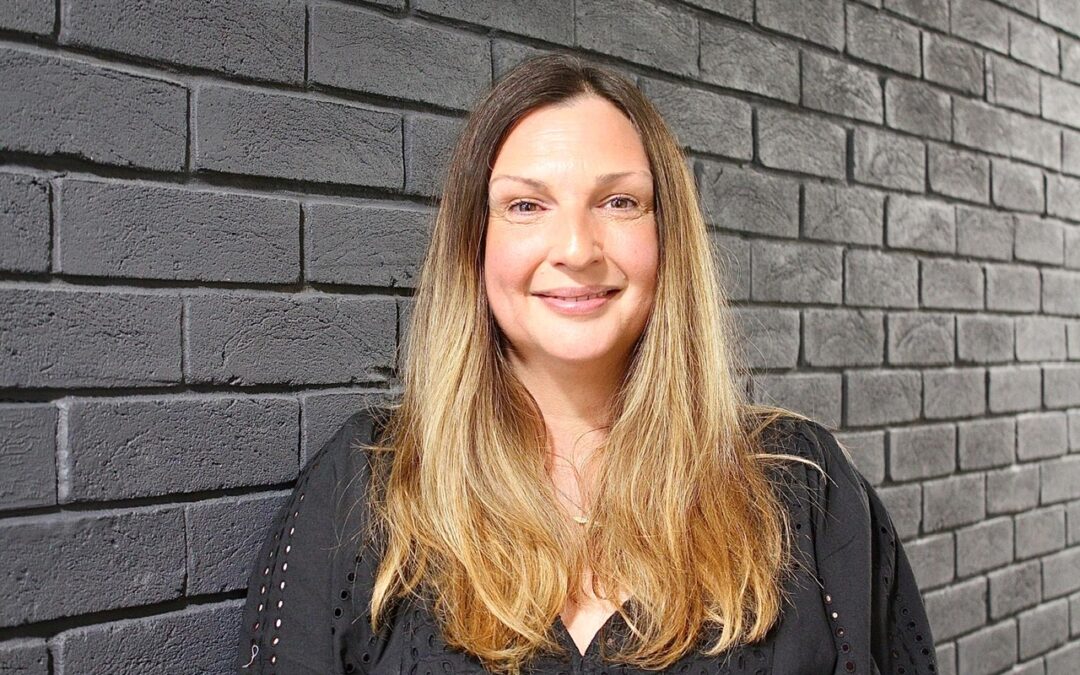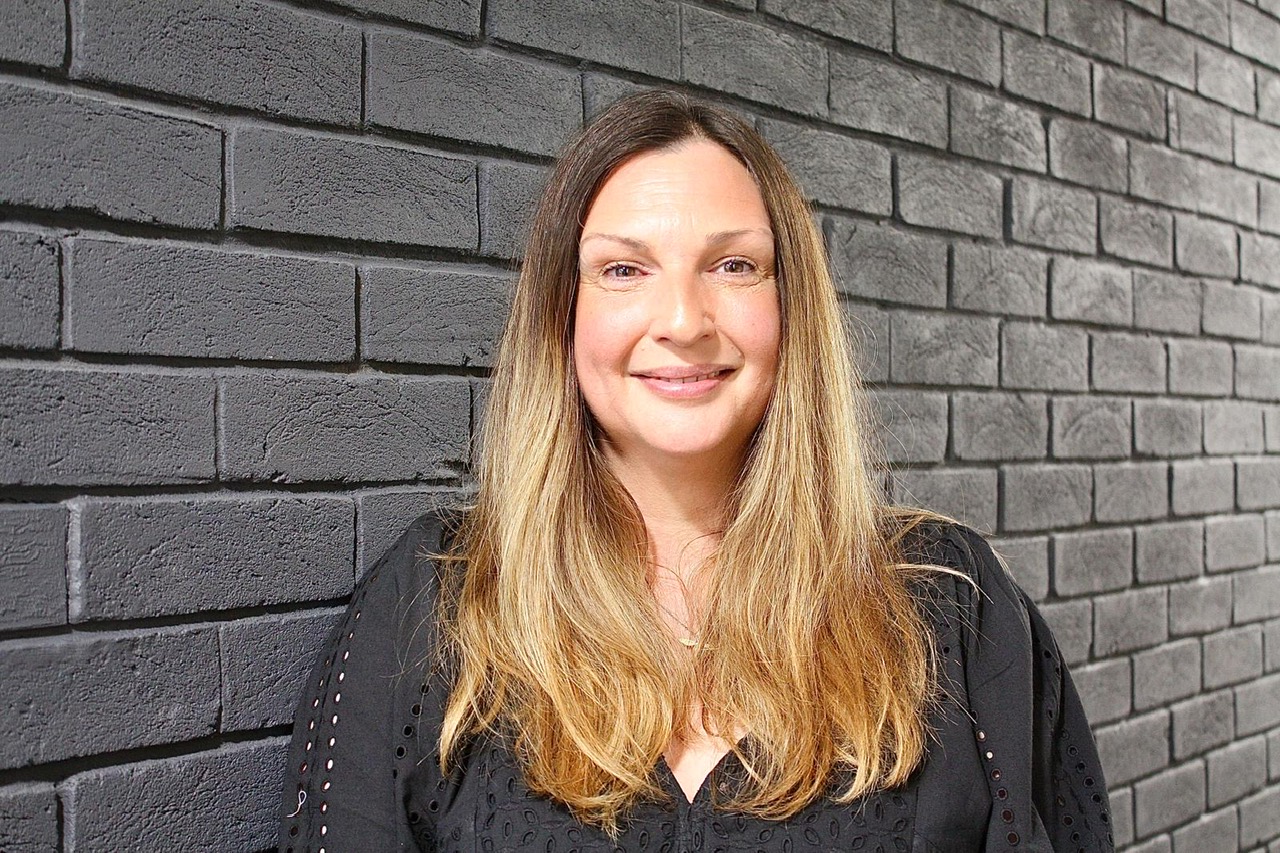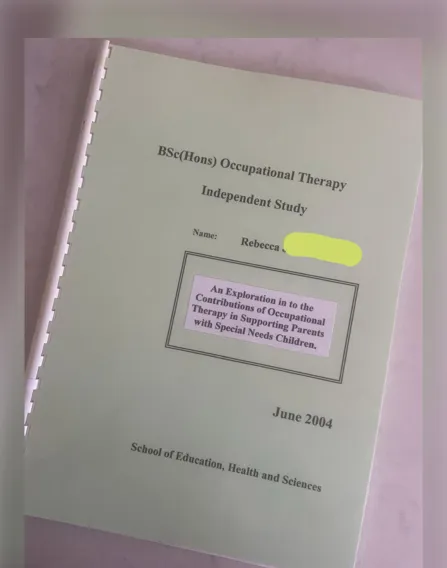
Celebrating Neurodiversity: Insights from Occupational Therapist Becky

As we conclude our Neurodiversity Week celebrations, we bring you an exclusive interview with Becky, one of our valued associates at WTS.
With personal experience of neurodiversity and a career dedicated to supporting neurodiverse clients, Becky offers a unique perspective. Marjolein sat down with Becky for a cuppa and to discuss her passion, experiences, and advice for others.
Marjolein:
Becky, thank you so much for your time to share with us. It’s only fair we start at the beginning: where does your passion to support neurodiverse people come from?
Becky:
“Neurodiversity has always been close to my heart. Prior to becoming an OT, I was a nanny for a family who had a child with autism and a child with ADHD. This gave me valuable insight into the day to day struggles of not only the children but the impact and the immense stress this can place on parents.
Supporting them to succeed and feel understood was something I was passionate about. Later, as a student OT, this prompted me to research into this area in more depth so I wrote my dissertation on neurodiversity.
I also have personal lived experience of neurodiversity through close family and friends. Like all parents who have a Neurodiverse child I am aware that the endless hours of reading books, searching the internet and scrolling social media can leave you feeling bewildered and not knowing where to begin.
I often joke that I could have a degree in neurodiversity with all the research and reading I’ve done. That’s why I wanted to support children and parents to start finding practical ways to help improve their lives.”

Marjolein:
What do you feel is important about supporting neurodiverse young people?
Becky:
“I’m passionate about helping children be better understood. Misunderstandings can have a lasting impact on a child’s self-esteem and day-to-day life. School life, in particular, can shape a person’s journey into adulthood. My goal is to help neurodiverse children see that their school experiences do not have to define their future.
“I also empathise with parents who navigate this challenging path with their kids. It’s tough to find support within schools and to feel validated, especially when labelled an ‘overprotective parent.’ I understand how deeply it can make you question yourself.”
Marjolein:
What encouragement would you give to parents who think their kids might be neurodiverse or who have had a diagnosis?
Becky:
“Trust your gut feeling. Pay attention to what your instincts are telling you about your child and their needs. No matter the challenge, there is support out there.”
Marjolein:
From speaking to you, I know you don’t just support children and teenagers. What support do you think is important for neurodiverse adults?
Becky:
“Workplaces often struggle to understand neurodiverse ways of working. Tasks can be completed well but in ways that might differ from the norm. There is a lot of talk about reasonable adjustments and what these actually are. It’s very difficult for a person to always know what may help them.
Occupational Therapists are the best placed people to help identify, through assessment, what the difficulties are and what supports work within the working environment. Little changes can make such a huge difference to a person’s working life to help ease the stress and anxiety that can often go hand in hand with Neurodiversity and work.
At WTS we assist adults with creating health passports that articulate their needs and suggest reasonable adjustments to help them succeed. We also work with managers to bridge communication gaps, ensuring that everyone is on the same page. Misunderstandings can sometimes lead to unfair trouble at work, and we support neurodiverse adults in addressing these issues constructively.”
Becky’s insights underscore the importance of understanding and support for neurodiverse individuals—whether they’re children navigating school life, parents seeking resources, or adults striving in the workplace. If you have been touched by anything in this blog or are experiencing similar issues, please do reach out to see how we can support you further.
